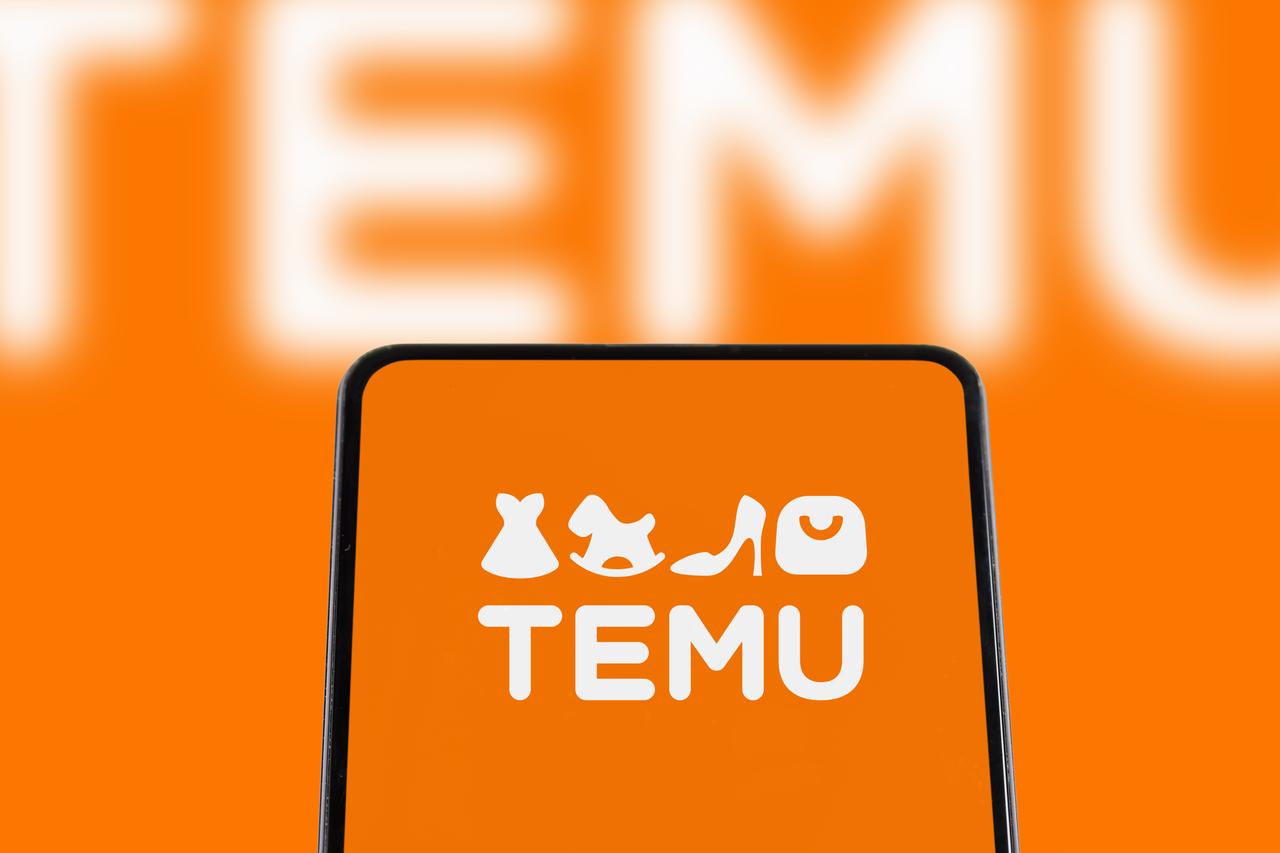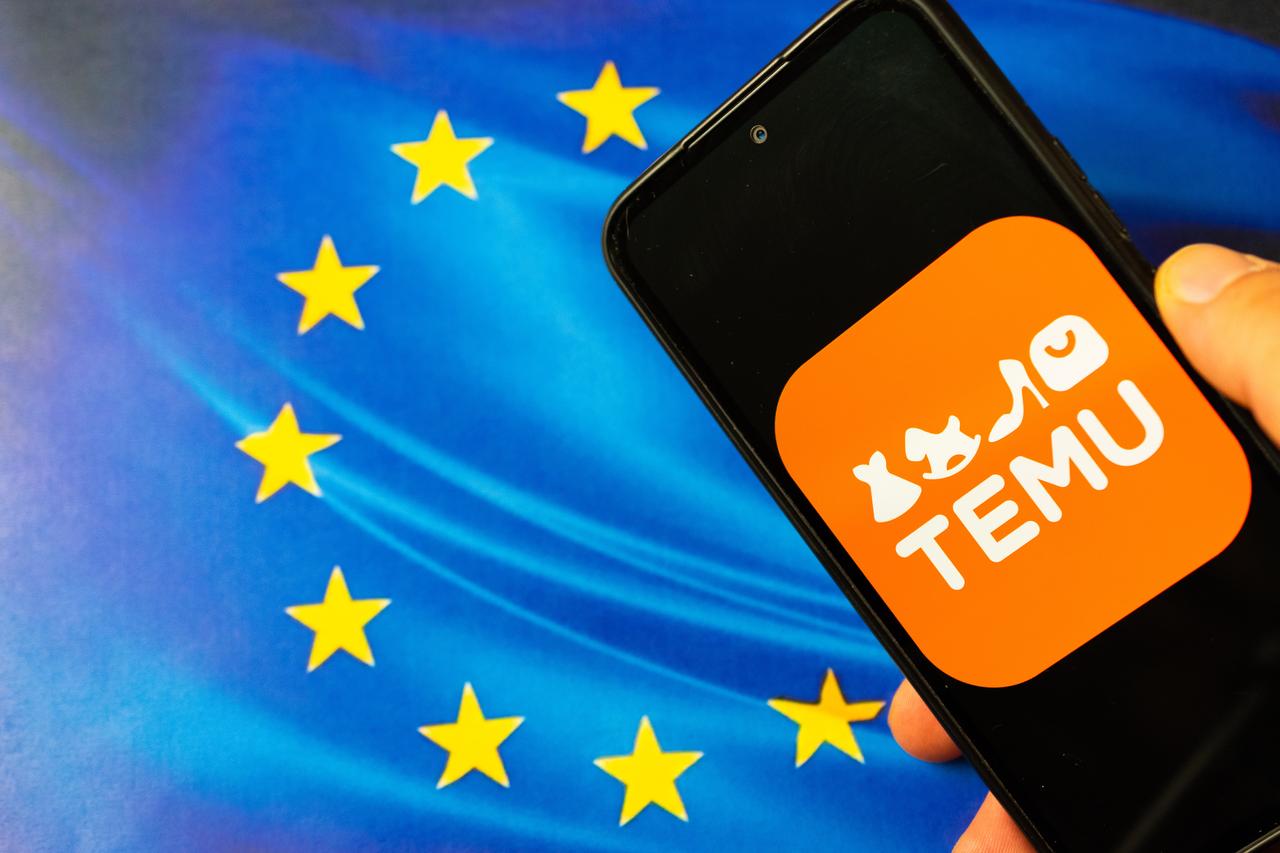
Türkiye is emerging as an influential global case study in e-commerce regulation, decisively rolling back the unchecked expansion of Chinese platforms like Temu.
Over the past year, rapid consumer adoption—peaking at 9.3 million monthly users and 1.4 million daily visitors—prompted government backlash over health, safety and data risks.
Drawing regulatory teeth from Law No. 4458, Türkiye now imposes automatic customs duties on parcels valued over €30 ($35.15) (including shipping), with 30% for EU-origin goods and 60% for other imports, including most Temu items.
This marks a sharp decrease from the previous €150 ($175.77) exemption threshold and significantly reduces Temu’s low-price advantage in Türkiye.

Under the "Regulation on Market Surveillance and Inspection of Remote E-commerce Goods" (effective April 1, 2024), Temu and similar platforms must now display valid CE marks and safety certifications on every product page—particularly critical for toys, textiles, household items, and more. Non-compliant products risk seizure or import denial.
The Turkish Trade Ministry has received over 50,000 complaints from consumers, complaints centered on refund challenges, misleading product information, and mandatory T.C. ID requests.
Authorities confirm, however, that despite speculation, no access ban on Temu is imminent; also, the firm has yet to appoint a mandated local legal representative, but the government has not yet escalated to blocking platform access.
Temu’s meteoric rise—from niche buyer to mainstream shopping app—triggered these measures. Shipping volumes reportedly soared to 200,000 packages daily by mid‑2024, pushing regulators to intervene over fears of dangerous goods entering Turkish homes without local oversight.
Türkiye’s approach differs significantly from that of many comparable countries.
By enforcing customs changes, safety transparency, and legal representation, Ankara has created a model for proactive governance—addressing not just consumer protection, but data security, tax fairness and competitive equity.

While Türkiye moves legally and swiftly, the European Union is also stepping up scrutiny of Temu and Shein: